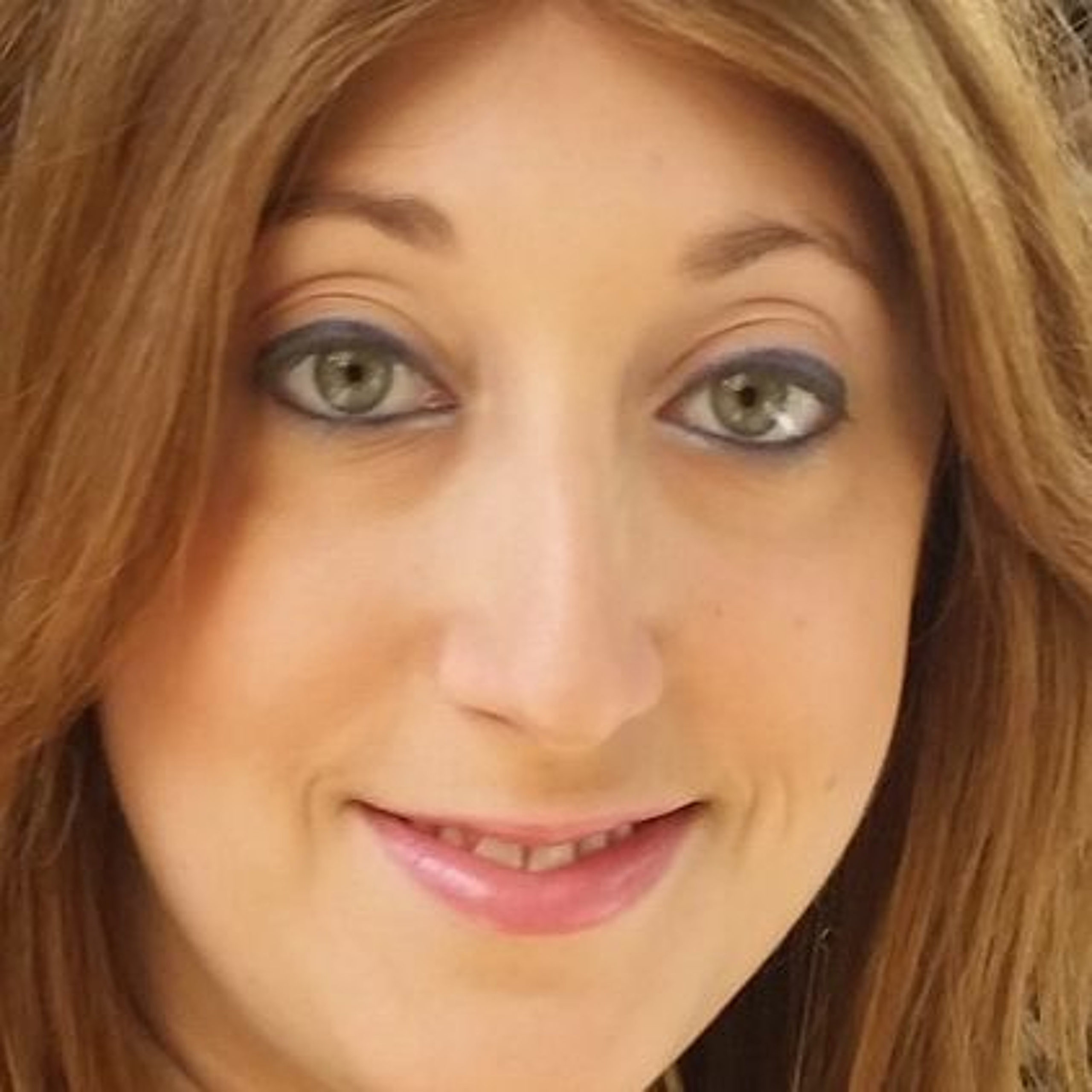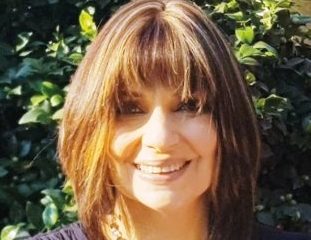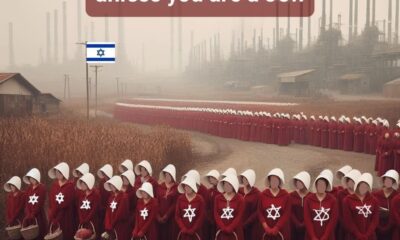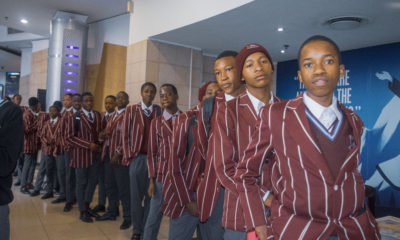
Featured Item

Accusations surge against “Israel’s Jeffrey Epstein”
The magnitude and nature of the sexual-abuse allegations against Zaka founder Yehuda Meshi-Zahav have even shaken Shana Aaronson, the highly experienced executive director of Israeli anti-abuse advocacy group Magen for Jewish Communities.
Her organisation was involved in exposing the alleged perpetrator after being approached by a journalist who was in contact with apparent victims. Aaronson discussed the role her organisation played in the matter during an online seminar this week. The talk was organised by the Co-ordinating Council of National Jewish Women’s Organisations of South Africa, and chaired by the Union of Jewish Women.
“It’s still kind of shocking to me, even after all the years that I’ve been doing this, to have a case like this. We just keep hearing worse and worse and more and more horrific allegations. We knew it was bad, but I don’t think we ever could have imagined the number of victims that started coming forward [after the first allegations were published]. It was so extreme: the extent and the depravity of the abuse, and the fact that a number of people had known about it in the community for so many years and hadn’t told anyone.”
Aaronson said that Meshi-Zahav, the head of a prominent emergency response service in the country, was a popular figure who was just about to be awarded the Israel Prize before the case broke. While some claimed the timing of the release of abuse allegations was a conspiracy to prevent him from receiving the accolade, in fact, she said, nothing was further from the truth.
The first victim had actually reached out to the organisation many years ago, but had been unwilling to take the matter further. “This sometimes happens, and then we have nothing to go on.”
They had a breakthrough, however, about eight months ago, when they were approached by a journalist from Ha’aretz who had been in contact with victims now willing to go public with their experience.
Together, Magen and various media organisations collaborated to find and support victims, “and eventually the case was exposed. The article came out.” Yet, it was just the first trickle of a flood of abuse allegations that continues to surge.
Meshi-Zahav has maintained his innocence, but has announced that he won’t accept the Israel Prize and has stepped down as head of Zaka. An extensive police investigation is now underway in Israel.
Aaronson also spoke more broadly about the work of Magen, explaining that it dealt primarily – but not exclusively – with sexual abuse within religious and ultra-Orthodox Jewish communities. Most of its staff grew up or still live in these same communities, and thus are able to approach their work with nuance.
Aaronson lamented the many myths that still exist about sexual abuse. “There is a lack of understanding about how sexual abuse works. In the religious community, there’s a tendency to conflate sexual abuse with other ‘sins’. So, they mush together sexually abusing a child with premarital sex; with homosexual sex; what they consider to be sexually inappropriate behaviours.”
It’s a mindset that is itself “outrageously inappropriate” and has to change, she said. Furthermore, it has led some community leaders to try and resolve abuse cases as private matters rather than taking criminal or legal steps.
“I hear this sometimes from well-meaning rabbis who say, ‘Well, I called him and I told him to stop, and he said he would.’ They don’t understand that there is an addictive element to this; that the abuser isn’t just going to stop. It’s not as if the abuser didn’t realise yesterday that he shouldn’t be doing this. He knew he shouldn’t be doing this. He knew what the potential cost would be, and he did it anyway because he couldn’t stop himself or didn’t want to stop himself.”
She said these community leaders were often “genuinely shocked” when the people to whom they had spoken went back to offending.
Aaronson said that a key focus of her organisation is support for survivors. As strange as it sounds, stories of abuse “are at their core, stories of empowerment because in almost every single one of those cases, the case is out there publicly only because the survivor had the courage to tell someone. There’s so much perseverance and courage to be learned.”
Aaronson lauded, for example, sisters Dassi Erlich, Elly Sapper, and Nicole Meyer, who came forward first in 2008 to speak about the abuse they suffered as teenagers allegedly at the hands of Malka Leifer, who, at the time, was principal of the Adass Yisroel School in Melbourne. Leifer fled to Israel when the abuse claims emerged, and it was only in January this year that she was finally extradited to face the charges against her.
“For any survivor of sexual abuse to share something which for so many years has felt so shameful and so terrifying is incredibly difficult, but this is specifically so in this community, where these young women aren’t raised with any kind of language around sexuality or abuse or consent, or even having any understanding of what it is that is happening to them.”
Aaronson’s organisation worked to help gather the evidence that proved Leifer wasn’t as psychiatrically incapacitated as she claimed to be, and was thus eligible for extradition.
She said that while Leifer’s arrival back in Australia was “only the beginning of the road”, she was relieved that the trial would finally take place soon. For the past 12 years, “the victims were literally just fighting for their right to face her in court. That’s all.”
When it comes to building a broad picture of sexual abuse in Orthodox and ultra-Orthodox communities in Israel, Aaronson said a lack of sufficient research and statistics marred clarity. Based on the available statistics and anecdotal evidence, there seemed to be similar rates of sexual abuse against boys and girls. A probable reason for this was that in religious communities, gender segregation shapes the kind of access that perpetrators have to potential victims.
For example, most female sexual-abuse survivors from ultra-Orthodox communities were abused within their own families. “If most sexual offenders are male, they would most likely have access to female victims if they are family members: cousins, sisters-in-law, and siblings. Unfortunately, we definitely do see high rates of incest in terms of the people who reach out to us.”
She said it was important for people within the community to create a sense of safety that encourages those experiencing abuse to come forward. When the victims of abuse see people in the community sharing articles or information about abuse, it makes an impact. “They notice that you are somebody who is at least to some degree a safe person or ally to this cause. It doesn’t mean there won’t be pushback if they come forward, but at least, they’ll have a supportive environment in the community as well.”










